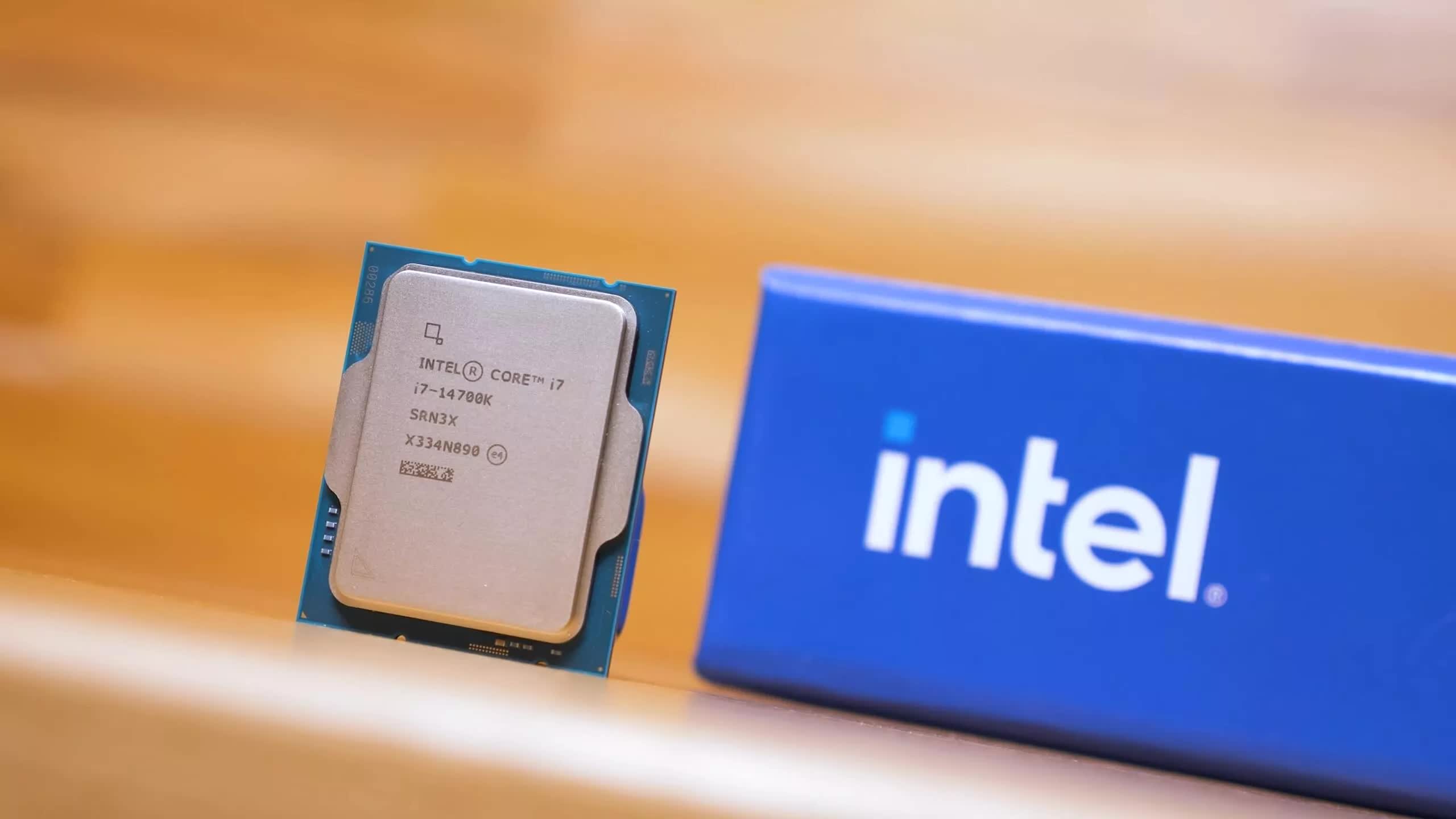Bottom line: Nearly a year after Intel's initial announcement of Arrow Lake, little is still known about the upcoming chips. What we do know is that they will be fabricated by TSMC, rather than Intel, likely as part of recent cost-cutting measures. This shift is also linked to the company's transition from its 20A to 18A process node.
While official specs remain under wraps, some early listings have surfaced on the UK retailer site Lambdatek, potentially giving us a glimpse of what to expect. We'll be converting the VAT-excluded prices to USD to better understand how these upcoming models compare to current offerings in terms of value.
- Core Ultra 9 285K – 24 cores 5.7GHz: £471.83, £566.20 with VAT
- Core Ultra 7 265K – 20 cores 5.5GHz: £327.35, £392.82 with VAT
- Core Ultra 7 265KF – 20 cores 5.5GHz: £314.60, £377.52 with VAT
- Core Ultra 5 245K – 14 cores 5.2GHz: £250.86, £301.03 with VAT
- Core Ultra 5 245KF – 14 cores 5.2GHz: £238.11, £285.73 with VAT
The listings reveal several "Core Ultra 200K" branded chips across different tiers. At the top is the Core Ultra 9 285K, listed at around $617 – slightly more expensive than the current Core i9-14900K, which launched at $589. For that premium, you're reportedly getting 24 cores with a 5.7GHz boost clock, matching the i9-14900K in core count but with slightly lower clock speeds. Curiously, we didn't see a GPU-less KF variant in the listings.
In the i7 range, we have the Core Ultra 7 265K and 265KF, listed at $428 and $412, respectively. Both are shown as 20-core chips with boost clocks of up to 5.5GHz, aligning closely with the current i7-14700K and KF models, though with a slight decrease in boost clocks from 5.6GHz to 5.5GHz.
Rounding out the lineup are a pair of Core Ultra 5 chips – the 245K at $328 and the 245KF at $312. These similarly fall in line with the 14-core i5-14600K/KF models, but feature a slightly lower 5.2GHz boost clock compared to 5.3GHz on the Raptor Lake Refresh.
Of course, as these are still placeholder listings from a retailer, so the actual prices may differ significantly. However, the general lineup appears to align with insider speculation about Arrow Lake's core counts and clock speeds compared to Intel's latest 14th-generation offerings.
There are also rumors that Arrow Lake could ditch hyperthreading and introduce a revamped core layout. Perhaps most importantly, Intel claims these new chips won't suffer from the Vmin Shift Instability issue that affected Raptor Lake.
With AMD's somewhat underwhelming Ryzen 9000 launch, much is riding on Arrow Lake to deliver a performance boost and reignite excitement in the desktop space. Time will tell if Intel can meet those expectations.

